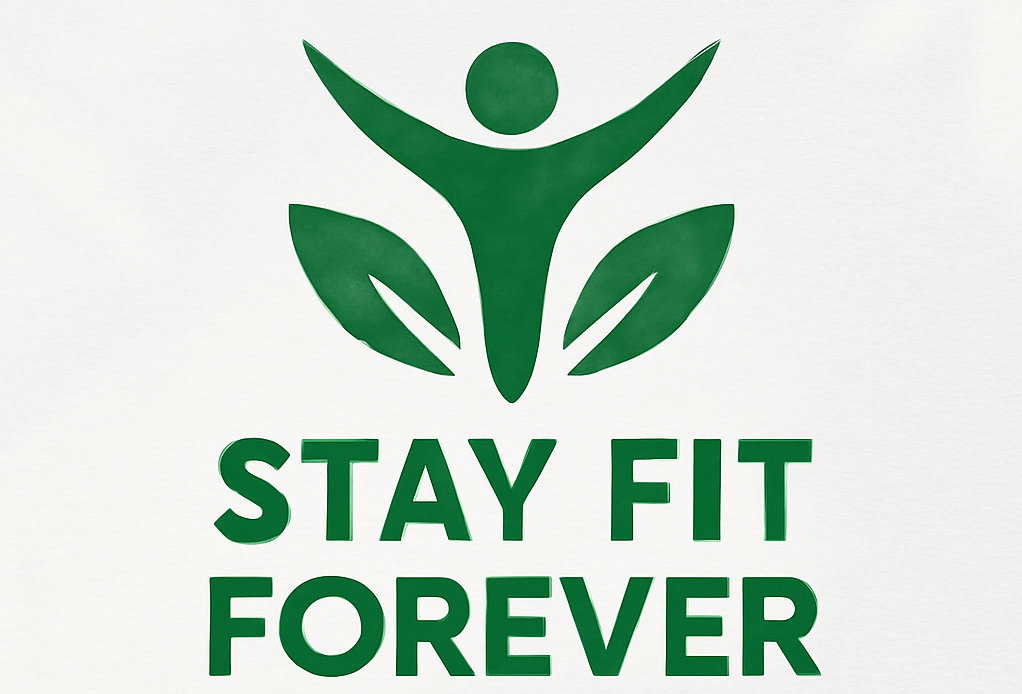Postpartum depression (PPD) is a mental health condition that affects many women after childbirth. It can be a debilitating experience, impacting not only the mother but also the baby and family. Although it’s common, PPD is often misunderstood and under-discussed, which can make it more difficult for women to seek the support and treatment they need. This article aims to provide information on how to recognize, manage, and heal from postpartum depression, while offering valuable strategies for support.
What is Postpartum Depression?
Postpartum depression is a type of clinical depression that occurs after giving birth. Unlike the “baby blues,” which is a temporary and mild mood swing affecting many new mothers within the first few days or weeks after childbirth, postpartum depression is more intense and lasts longer. PPD can develop within the first few months after birth, and its symptoms can last for weeks or even months if left untreated.
Common symptoms of postpartum depression include:
- Persistent sadness or emptiness
- Loss of interest in activities once enjoyed
- Difficulty bonding with the baby
- Feelings of worthlessness or guilt
- Sleep disturbances (insomnia or excessive sleeping)
- Anxiety or panic attacks
- Difficulty concentrating
- Thoughts of harming oneself or the baby (in severe cases)
It’s important to note that postpartum depression is not a sign of weakness or failure as a mother. It is a medical condition that requires support, understanding, and professional treatment.
The Causes of Postpartum Depression
Several factors contribute to the development of postpartum depression. These include:
- Hormonal Changes: After childbirth, there is a significant drop in hormones like estrogen and progesterone, which can affect mood and emotions.
- Sleep Deprivation: Newborns often disrupt their parents’ sleep patterns, leading to exhaustion. Chronic sleep deprivation can exacerbate feelings of sadness and irritability.
- Emotional Adjustment: The transition to motherhood can be overwhelming, especially for first-time mothers. The responsibility of caring for a new baby can lead to feelings of inadequacy and anxiety.
- Previous Mental Health History: Women who have a history of depression or anxiety are more likely to experience postpartum depression.
- Lack of Support: Without a strong support system from family or friends, new mothers can feel isolated and alone, which may increase the risk of developing PPD.
- Complications During Pregnancy or Birth: Physical complications or traumatic birth experiences can contribute to feelings of depression or anxiety after childbirth.
Recognizing the Symptoms
The first step in handling postpartum depression is recognizing its symptoms. Many new mothers may experience mood swings, irritability, or sadness in the days after giving birth, but these feelings usually fade within two weeks. If symptoms persist and begin to interfere with daily functioning, it’s time to seek help. Some signs to watch for include:
- Feelings of Detachment: If you feel disconnected from your baby or have difficulty bonding with them, it could be a sign of postpartum depression.
- Overwhelming Guilt: A sense of guilt or failure can make it hard to care for yourself or your baby.
- Excessive Worry or Fear: Feeling anxious or fearful, particularly about the baby’s health or your ability to care for them, is common among mothers with PPD.
- Self-Harm or Harm to Others: In severe cases, a woman with postpartum depression may have thoughts of harming herself or her baby. It’s crucial to seek immediate professional help if these thoughts arise.
How to Handle Postpartum Depression
Handling postpartum depression is a process that requires a combination of self-care, professional support, and understanding from loved ones. Below are several strategies for managing and overcoming PPD.
1. Seek Professional Help
The most important step in managing postpartum depression is to reach out for professional help. A healthcare provider can diagnose PPD and recommend treatment options. Some common treatments for PPD include:
- Psychotherapy: Cognitive-behavioral therapy (CBT) and other forms of counseling can help new mothers address negative thought patterns and learn coping strategies.
- Medications: Antidepressant medications may be prescribed to help regulate mood and alleviate symptoms of depression. These should be used under the supervision of a doctor, particularly if breastfeeding.
- Support Groups: Group therapy or support groups can offer comfort and understanding from other women who have experienced similar challenges.
2. Build a Support System
Having a strong network of family and friends can make a significant difference in handling postpartum depression. Don’t be afraid to lean on your loved ones for help. This may include:
- Partner Support: Open communication with your partner about your feelings and needs is essential. Sharing responsibilities for baby care and household tasks can reduce stress and provide a sense of partnership.
- Friends and Family: Don’t hesitate to ask for help. Whether it’s having someone watch the baby for a few hours or helping with chores, support can make a huge difference in reducing stress and promoting healing.
- Hire Help: If possible, consider hiring a postpartum doula or a housekeeper to assist with daily tasks. This can give you the space and time you need to focus on your mental health.
3. Prioritize Self-Care
Taking care of yourself is crucial for managing postpartum depression. It’s easy to put the baby’s needs first, but remember that your well-being is just as important. Self-care activities may include:
- Rest: Sleep as much as possible, even if it means napping when the baby naps. Consider asking for help so that you can catch up on rest.
- Nutrition: Eat a well-balanced diet that includes fruits, vegetables, whole grains, and lean protein. Proper nutrition can support mental and physical health.
- Physical Activity: Exercise can help reduce feelings of depression by releasing endorphins, which are natural mood boosters. Even a short walk can help clear your mind and increase energy.
- Relaxation Techniques: Practicing mindfulness, meditation, or deep breathing exercises can help calm your mind and reduce anxiety.
4. Open Up About Your Feelings
One of the most powerful things you can do is to talk about what you’re going through. Opening up to a trusted friend, family member, or therapist can help alleviate feelings of isolation and shame. Talking about your experience can also help you process your emotions and gain perspective.
5. Take One Day at a Time
Postpartum depression can feel overwhelming, but remember that healing takes time. Don’t expect instant relief, and be patient with yourself. Focus on small, manageable tasks, and take each day one step at a time. Celebrate small victories, such as getting out of bed, eating a meal, or taking a shower.
When to Seek Immediate Help
If you or someone you know is experiencing severe symptoms, such as thoughts of harming oneself or the baby, it is important to seek immediate professional help. Contact your doctor, a mental health professional, or a helpline for guidance. In some cases, hospitalization may be required for the safety and well-being of both mother and baby.
Conclusion
Postpartum depression is a serious condition that requires attention and care. With the right treatment, support, and coping strategies, it is possible to heal and regain a sense of balance. Recognizing the signs early, seeking professional help, building a strong support network, and prioritizing self-care can all contribute to recovery. Most importantly, remember that you are not alone in this journey. Reach out for help, and take one step at a time towards healing.
Call to Action: If you or someone you know is struggling with postpartum depression, don’t wait—reach out to a healthcare provider today. For further resources on postpartum mental health, consider joining a support group or reading more on this topic to educate yourself and others.

